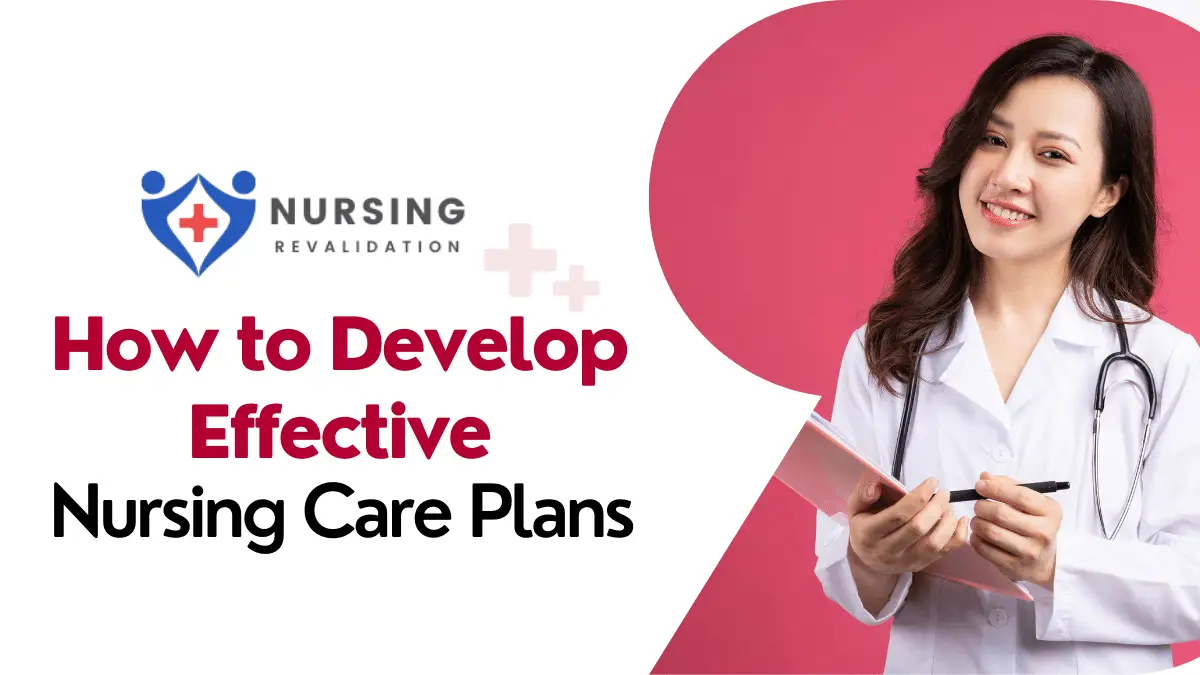In the realm of healthcare, nursing care plans serve as indispensable roadmaps for providing optimal patient care. Crafting effective nursing care plans requires a meticulous approach, blending clinical expertise with patient-centered considerations. In this comprehensive guide, we delve into the intricacies of developing nursing care plans that are not only comprehensive but also tailored to individual patient needs.
Understanding Nursing Care Plans:
Nursing care plans are dynamic documents that outline the holistic care approach for patients. They encompass assessment, diagnosis, interventions, and outcomes, serving as a blueprint for coordinated care delivery. By customizing care plans to each patient’s unique circumstances, nurses can enhance patient outcomes while promoting efficiency in healthcare delivery.
Table: Sample Nursing Care Plan Template
| Component | Description |
|---|---|
| Assessment | Comprehensive health assessment including physical, psychological, and social factors. |
| Nursing Diagnosis | Identification of actual or potential health problems based on assessment data. |
| Goals | Measurable and realistic goals for addressing identified nursing diagnoses. |
| Interventions | Evidence-based nursing interventions tailored to patient needs and preferences. |
| Evaluation | Ongoing evaluation of interventions and revision of care plan as needed. |
Essential Components of Nursing Care Plans:
- Assessment:
- Conduct a thorough assessment of the patient’s health status, including physical, psychological, social, and environmental factors.
- Utilize assessment tools such as the nursing health history and physical examination to gather comprehensive data.
- Diagnosis:
- Formulate nursing diagnoses based on the assessment findings, identifying actual or potential health problems.
- Use standardized nursing diagnosis terminology for clarity and consistency.
- Planning:
- Collaborate with interdisciplinary team members and the patient to establish realistic and measurable goals.
- Prioritize interventions based on the urgency and significance of identified problems.
- Interventions:
- Implement evidence-based interventions aimed at addressing the identified nursing diagnoses.
- Tailor interventions to the patient’s preferences, cultural background, and health literacy level.
- Evaluation:
- Continuously evaluate the effectiveness of interventions in achieving desired outcomes.
- Modify care plans as needed based on the patient’s response to treatment and changing health status.
Strategies for Developing Effective Nursing Care Plans:
- Utilize Clinical Practice Guidelines:
- Refer to evidence-based clinical practice guidelines to inform decision-making and intervention selection.
- Ensure alignment with best practices and current standards of care.
- Promote Patient-Centered Care:
- Involve patients and their families in care planning to enhance engagement and adherence to treatment plans.
- Respect patients’ autonomy and preferences when developing care plans.
- Employ Critical Thinking Skills:
- Apply critical thinking skills to analyze assessment data and identify pertinent nursing diagnoses.
- Anticipate potential complications or barriers to achieving desired outcomes.
- Document Thoroughly:
- Maintain accurate and detailed documentation of the nursing care planning process, including assessment findings, interventions, and outcomes.
- Use electronic health record systems effectively to facilitate communication and continuity of care.
Conclusion:
Developing effective nursing care plans requires a multifaceted approach that integrates clinical expertise, evidence-based practice, and patient-centered care principles. By following the structured framework outlined in this guide, nurses can enhance the quality of care delivery and improve patient outcomes. As frontline healthcare providers, nurses play a pivotal role in ensuring the development and implementation of nursing care plans that are comprehensive, personalized, and effective.


